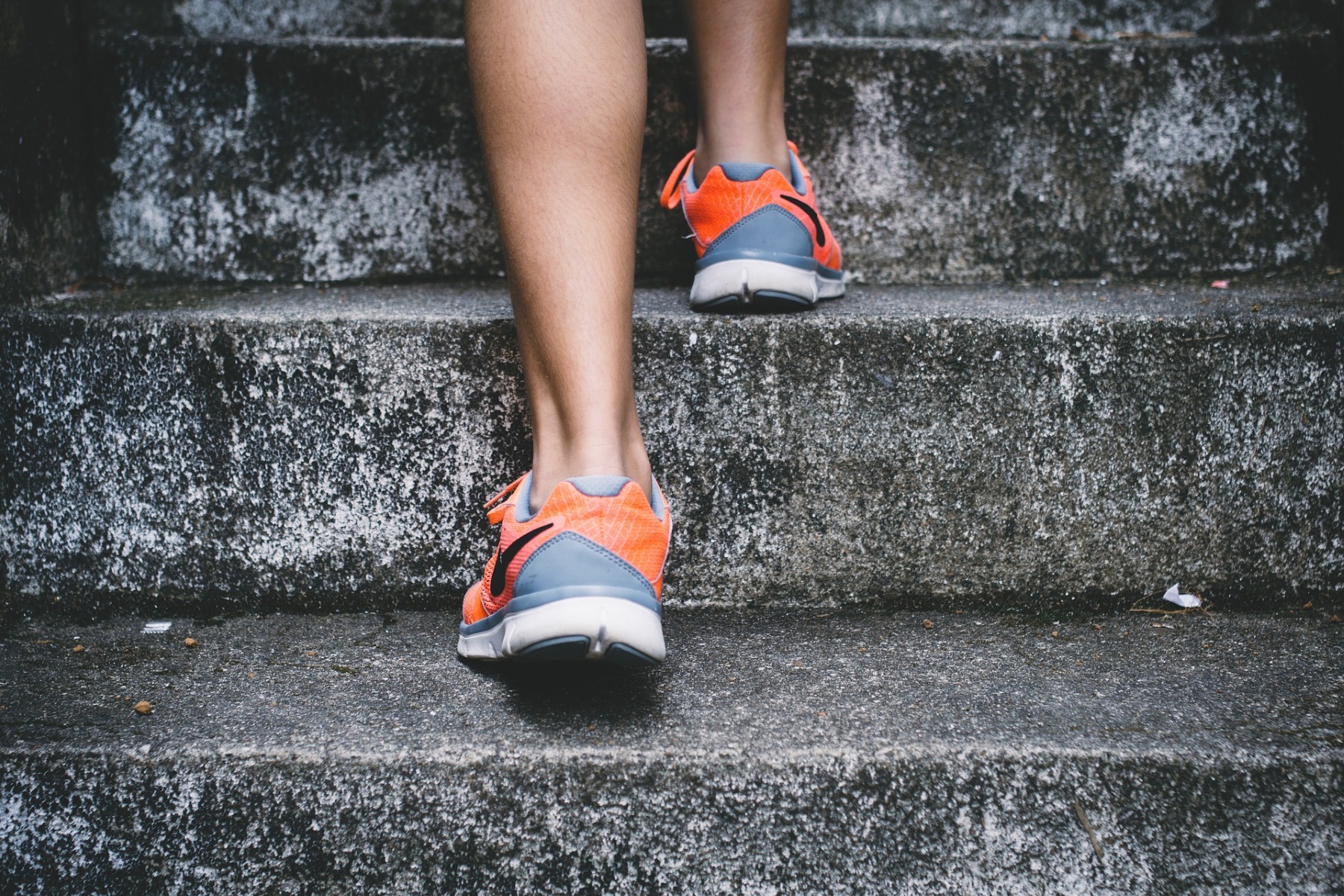Georgia dropped from 29th to 31st in a measurement that reflects how people feel about and experience their daily lives. The Gallup-Sharecare Well-Being Index score for the U.S. in 2017 – out of a possible score of 100 — was 61.5, a decline from 62.1 in 2016.
This drop reflected declines in 21 states, including in Georgia, which fell from 62.3 to 61.3. No state showed a statistically significant improvement compared to the previous year.
The index, released Tuesday, examines five elements:
- Purpose: liking what you do each day and being motivated to achieve your goals
- Social: having supportive relationships and love in your life
- Financial: managing your economic life to reduce stress and increase security
- Community: liking where you live, feeling safe and having pride in your community
- Physical: having good health and enough energy to get things done daily
Atlanta-based Sharecare, a digital health company, said the national findings serve as a wake-up call.
“The stark difference in our country’s well-being today versus just a year ago underscores the need to understand, assess and nurture the health of our populations comprehensively and continuously,’’ said Jeff Arnold, CEO and founder of Sharecare. “Regardless of your role in the community – be it an employer, civic leader, private citizen or any combination thereof – investing in the well-being of others is critical, now more than ever.”
The biggest drops in rankings for Georgia were in physical well-being (declined 11 positions, from 25th to 36th) and social well-being (dropped 10 positions, from seventh to 17th). The only feature where Georgia experienced an improvement in ranking was community well-being, which improved from 36th in 2016 to 32nd in 2017.
Georgia experienced deterioration in healthy eating (61.1 percent of respondents in 2016 to 59.7 percent of respondents in 2017) and an increase in obesity (29.2 percent to 30.0 percent) and smoking (18.3 percent to 18.8 percent). But the state experienced improvements in percent with diabetes (12.8 percent to 12.1 percent from 2016 to 2017), percent with high cholesterol (23.3 percent to 22.8 percent) and percent exercising regularly (52.3 percent to 56.0 percent from 2016 to 2017)
In the state rankings, South Dakota, Vermont and Hawaii were the highest well-being states in 2017.
Residents of West Virginia reported the lowest levels of well-being in 2017 for the ninth consecutive year, with a well-being score of 58.8. Louisiana fell to its lowest rank ever, recording a score of 58.9, just above West Virginia.
Nationally, the Gallup-Sharecare Well-Being Index found improvement in several traditional measures of physical health in 2017, such as the percentage of Americans reporting participation in regular exercise, abstaining from smoking and being overweight.
Community well-being – defined as liking where you live, feeling safe and having pride in your community – also improved for Americans between 2016 and 2017.
The sharp declines in overall well-being, though, were driven by drops in purpose and social well-being metrics, as well as the mental health aspects of physical well-being.
Andy Miller is editor and CEO of Georgia Health News







